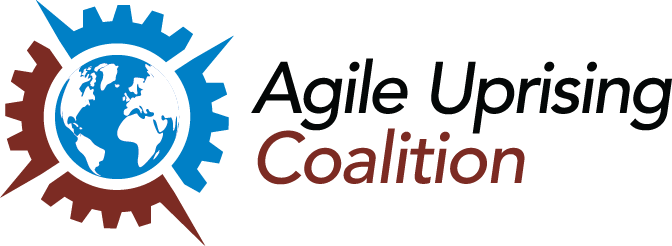Hi everyone! I’d like to invite everyone to contribute to a resource I’m putting together for the Knowledge Train blog 
I’m looking to develop a collaborative, interview style article that will explore the common challenges with agile. It would be great to include a collection of personal stories and experiences shared by the online agile community. I’m hoping it will be an informative resource for beginners, not only highlighting the challenges but the solutions too 
So…anyone care to share? In your experience, what are the most common challenges that arise within agile based projects?



 What do you say to the leadership to try to get on the same page?
What do you say to the leadership to try to get on the same page?